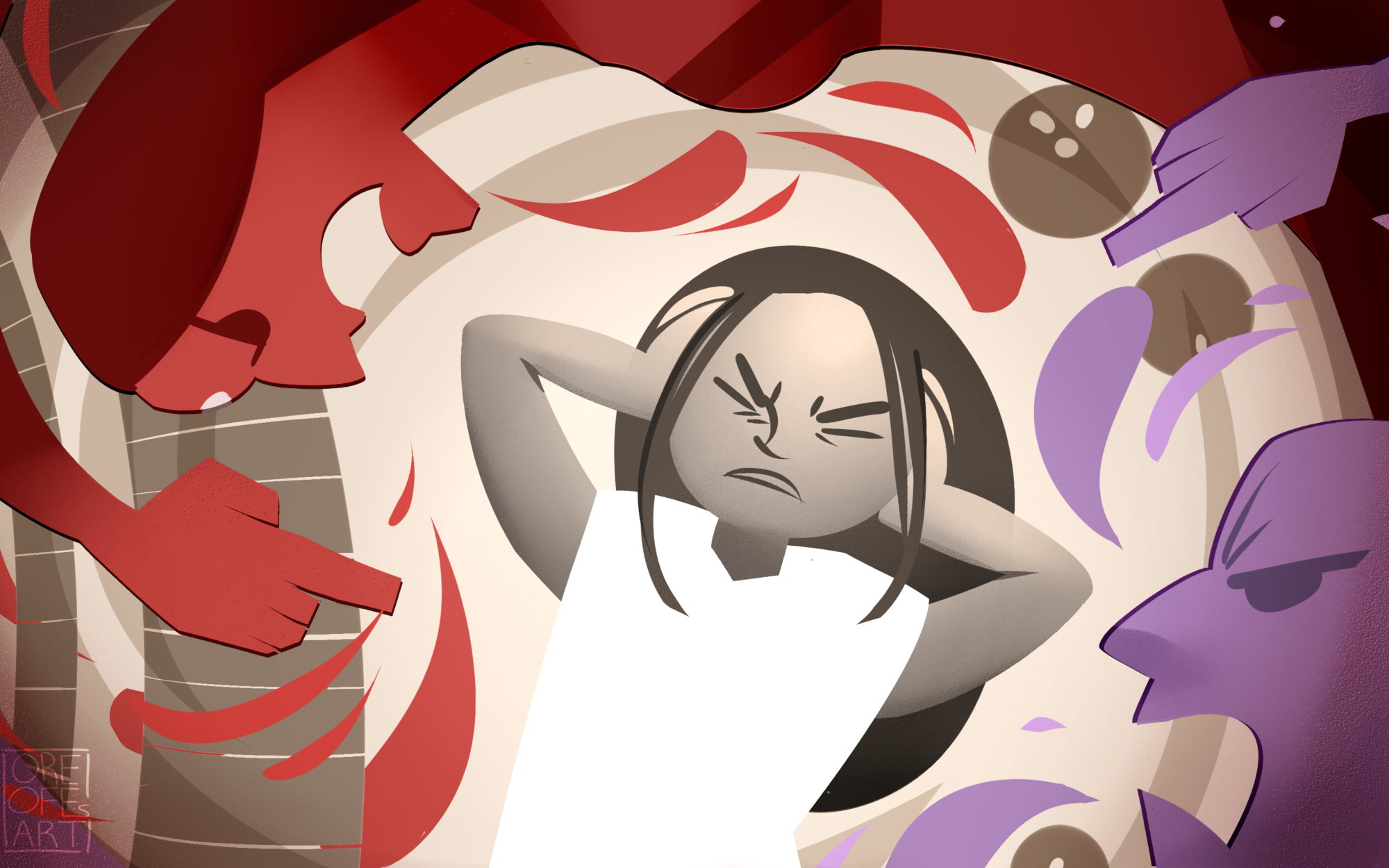Why do we turn to writing as a response to injustice? What form of writing can best convey our story to a stranger? And how should ethical and political sensitivities shape the stories we tell?
Students examine these ideas in a teaching programme led by the editors of Lacuna, encouraging newer writers to find and produce their own creative responses to injustice.
In Writing Human Rights, undergraduate students have free rein to choose the subject and style of their stories.
So far, students have written pieces of investigative journalism, short fictional stories, sci-fi, screenplays, comment pieces, podcast episodes, TED talks, poetry and life writing.
The interdisciplinary module welcomes students from law, English, creative writing and across the social sciences to focus on a different theme each week.
We examine the nature of truth, asking what evidence we can accept and whether objectivity is possible – or even desirable. We consider the use of images and the ethical implications of telling stories about the suffering of others.
Weekly readings come from writers around the world, including journalists, novelists, screenwriters, and bloggers. Students critique writing about conflicts, the climate crisis, and important political movements including Black Lives Matter and #MeToo, and consider these themes in the context of international human rights ideas.
They also have the opportunity to hone their own writing skills through impromptu writing exercises in seminars and homework assignments, trying their hand at writing dialogue, detailed description and writing from unusual perspectives.
We have worked with students to develop the best examples of their writing and publish them on Lacuna. Below is a sample of these stories, on a range of subjects and in a variety of styles.
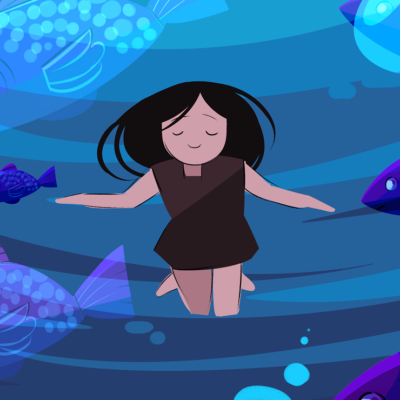
“I am Chinese”: Identity and belonging in Asia and the UK
Venus How recalls a visit to a riverbank in Malaysia as she examines her Malaysian-Chinese and British identities in '“I am Chinese”: On identity and belonging in both Asia and the UK'
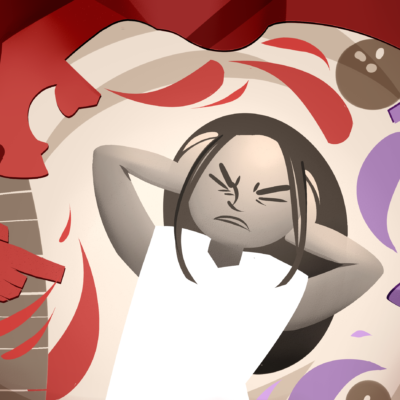
‘Coconut woman’: Resolving my ethno-cultural identity crisis
In '‘Coconut woman’: Resolving my ethno-cultural identity crisis', an anonymous student writer reconciles her British and Nepali identity through confronting sexism and colourism
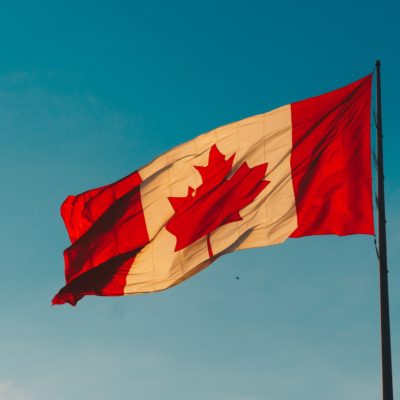
Ribbons of shame: Canada’s missing + murdered Indigenous women
'Ribbons of shame: Canada’s missing and murdered Indigenous women' sees student writer Jessie Kolvin investigate the sinister legacy of Canada's treatment of Indigenous people
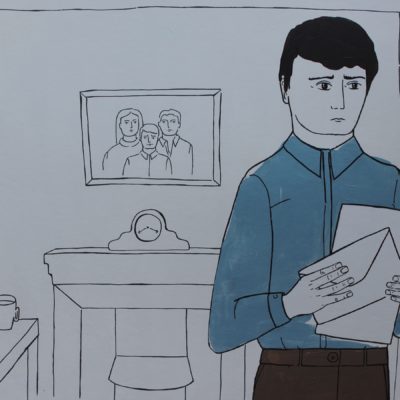
Autism: “They wouldn’t understand. Not properly.”
Abigail Minor's short story 'Autism: “They wouldn’t understand. Not properly.”' dives into the tumultuous experience of a young autistic man's fight to accessing the support he deserves
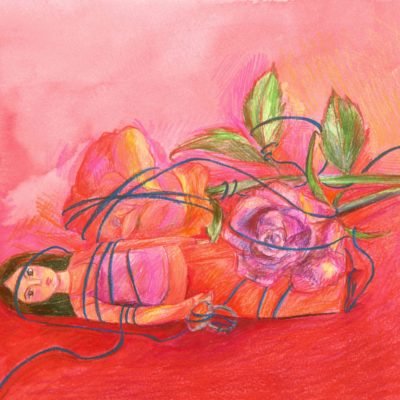
“Cut”: International Day of Zero Tolerance for FGM/FGC
'“Cut”: International Day of Zero Tolerance for FGM/FGC' is a touching poem written by Mina Hadi exploring womanhood, marriage, and FGM
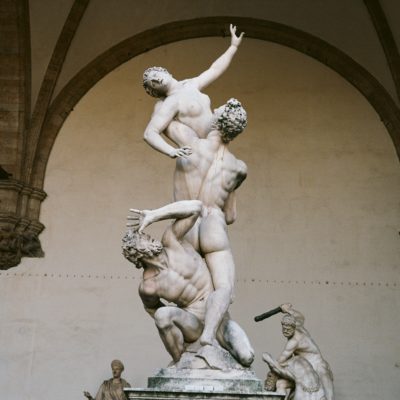
Not a statue of love: Self-recognition in the Piazza
In Sylvie Shiu's striking story 'Not a statue of love: Self-recognition in the Piazza della Signoria' a woman stumbles upon a statue in Italy, prompting her to rediscover memories of a sexual assault
